Investing in Real Estate with Crypto: Property tokens, NFTs, and More

Surely you've heard that real estate investment is a cornerstone of wealth preservation. However, traditionally, investing in real estate has required significant capital and complex processes. But with the advent of cryptocurrencies and tokenization, you can now invest in real estate through property tokens. If you're considering a more conservative approach with your crypto assets, this article is for you.
Real Estate Meets Blockchain
The fusion of real estate and blockchain technology is already reshaping how property investments are made, opening new doors for broader categories of investors who seek to bridge the gap between traditional assets and the digital economy. By leveraging blockchain, real estate is becoming more accessible, liquid, and secure. Now, you can diversify your portfolio with property-backed assets while still remaining fully immersed in the crypto world.
At the heart of this transformation lies real estate tokenization, the process of converting ownership of a physical property into digital tokens on a blockchain. These tokens can represent either the entire property or fractions of it, offering flexibility in how you choose to invest. To become tokenized, a property is first evaluated, and then a special purpose vehicle (SPV), typically an LLC, is established to hold the title. On behalf of this SPV, a tokenization platform issues digital tokens, which you can trade, bringing real estate investment to your fingertips.
How to Invest in Real Estate with Crypto?
Investing in real estate through tokenization platforms is the most seamless way to align with the decentralized, borderless, and innovative spirit of the crypto world. This method allows you to acquire fractional ownership in real estate by purchasing property tokens. Here's how the process works:
The Process of Investing Through Tokenization Platforms
- Choose a tokenization platform: The first step is to select a reliable tokenization platform, such as Binaryx, RealT, or Lofty, that offers a range of real estate investment opportunities.
- Explore investment opportunities: Once you’re on the platform, you can explore a variety of properties, from rental homes to luxury villas and commercial projects. Platforms often provide detailed information about the properties, including location, projected rental income, and potential appreciation.
- Purchase property tokens: Once you've chosen a property, you can buy tokens representing a fractional share of its value. With prices starting as low as $50 per token, you can become a partial owner of the property. The tokens are then stored in your digital wallet.
- Earn rental income: As a token holder, you are entitled to a proportionate share of the rental income generated by the property. This income is typically distributed automatically via smart contracts that ensure timely and transparent payments. Additionally, if the property appreciates in value, the worth of your tokens can increase, offering the potential for capital gains.
- Enjoy liquidity and flexibility: Unlike traditional real estate investments, where your capital is tied up until the entire property is sold, tokenized real estate allows you to buy and sell just a small fraction of it on secondary markets. Now you can adjust your investment portfolio easily, according to market conditions or personal financial needs.
Case Studies of Real Estate Investments Done with Crypto
Let's explore real estate investing with cryptocurrency. Imagine we have a sum of $20,000, which is quite small by traditional real estate market standards. With this amount, it's nearly impossible to purchase anything in the conventional way. However, in the crypto world, new possibilities emerge. For this purpose, we can utilize real estate tokenization platforms like Realt and Binaryx.

Case Study 1: RealT Investment Portfolio
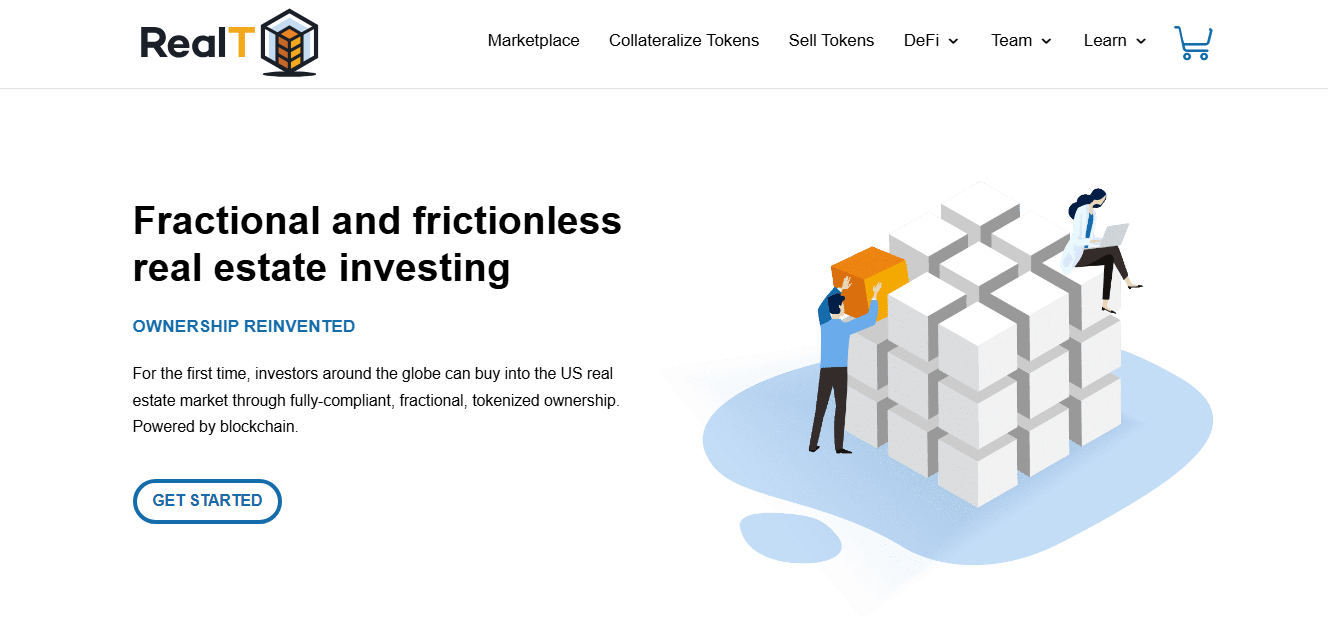
Portfolio composition: $5,000 in each of four rental properties: one in Detroit, Michigan (9.5% APR); one in Cleveland, Ohio (8.7% APR); one in Chicago, Illinois (10% APR); and one in Miami, Florida (7.8% APR).
First-year total: $1,800.
Second-year total: $1,800.
2-year profit: $3,600.
5-year profit: $9,000.
Case Study 2: Binaryx Investment Portfolio
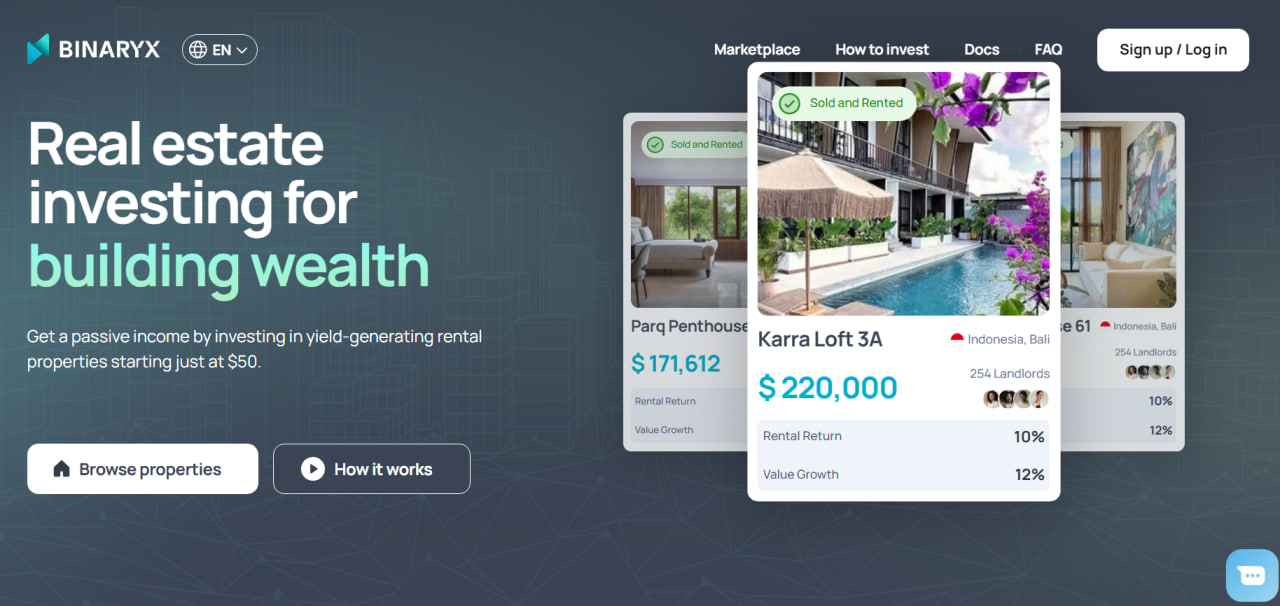
Portfolio composition: $5,000 in each of four investments: one rental villa in Bali with 16.3% APR; one rental villa in Bali with 10.5% APR; one construction investment in Bali with an initial 17% ROI over 11 months and a 15% rental APR after completion; and one construction investment in Montenegro with an initial 19.24% ROI over 7 months and an 8% rental APR after completion.
First-year total: $3,152.
Second-year total: $2,695.46.
2-year profit: $5,847.46.
5-year profit: $13,112.
Other Options to Invest in Real Estate with Crypto
While tokenization platforms offer a seamless way to invest in fractional ownership of real estate, there are also several options available for you if you’re looking to purchase entire property units using cryptocurrency.
Direct Crypto Transfers
You can basically purchase a property directly with cryptocurrency, if the seller agrees to receive the payment in a crypto asset like Bitcoin or Ethereum. Direct crypto transfers can be straightforward and fast, bypassing slow traditional banking processes. However, it's essential to ensure that the transaction complies with local regulations and to account for the volatility of cryptocurrencies, which can affect the property's final price.
Crypto-Collateralized Loans
If you prefer to retain your crypto holdings, a crypto-collateralized loan is the way to purchase real estate. In this scenario, you use your crypto as collateral to secure a loan, which is then used to buy the property. Thus, you could potentially avoid capital gains taxes and benefit from any future appreciation in the value of your crypto assets. However, these loans carry risks, particularly if the value of the collateral drops significantly, which could trigger a margin call. Milo is one of the first lenders to support crypto-backed loans.
NFTs in Real Estate
Some tokenization platforms, like Propy, use non-fungible tokens (NFTs) to represent ownership of real estate. In this case, a whole property is tokenized into an NFT, which encapsulates the deed and ownership rights. When you acquire the NFT, ownership of the property is transferred to you through a blockchain transaction. However, as this practice is still in its early stages and lacks popularity, there are legal and regulatory uncertainties to consider.
Benefits and Challenges of Crypto Investments in Real Estate
As you may find out, any investment always comes with its own set of challenges that investors need to consider. Investing in real estate with cryptocurrencies is no exception.
Benefits of Real Estate Investing with Crypto
- Expanded opportunities: Cryptocurrencies unlock a broader range of possibilities in real estate. You can purchase properties directly, use them as collateral, or invest in fractional ownership through tokens. This flexibility allows for more strategic maneuvering, giving you greater control over your investments.
- Enhanced liquidity: Unlike traditional real estate, where selling a property can take months, tokens can often be sold almost instantly if there's a buyer. With fractional real estate, finding a buyer is not a problem at all. Now you can quickly and efficiently liquidate your investment when needed.
- Diversification across multiple assets: When investing in fractional real estate, you can diversify your portfolio by spreading your investments across hundreds or even thousands of properties. This way, you mitigate risk and optimize potential returns like never before.
- Global accessibility: Tokenized real estate transforms the market by making it accessible to a global audience. Anyone with an internet connection can now invest in properties, regardless of their location. Say goodbye to banking bureaucracy—wherever you are, the barriers to entry are dramatically reduced.
Challenges of Real Estate Investing with Crypto
- Regulatory ambiguity: The regulatory landscape for real estate investing with crypto is still developing. Depending on the jurisdiction, rules can be unclear or subject to change, which may introduce legal or compliance risks.
- Dependence on the platform: Your investment is closely tied to the performance and reliability of the tokenization platform you choose. If the platform encounters financial issues or operational challenges, it could affect your returns and your ability to manage or sell your shares.
- Potential for higher volatility: While increased liquidity is a benefit, it also brings the risk of higher volatility. The ease of buying and selling tokens can lead to more frequent price fluctuations, which may impact the value of your investment way faster than in traditional real estate.
Legal and Regulatory Considerations
When investing in real estate through tokenization platforms, it's important to understand the legal framework that governs these transactions. Most tokenization platforms operate under exemptions from traditional securities laws, as real estate tokens often do not meet all the criteria necessary to be classified as securities. Specifically, these tokens typically fail to meet the fourth prong of the Howey Test, which requires that the profits come primarily from the efforts of others. Instead, real estate tokens represent ownership of physical assets, with profits derived directly from property income and appreciation, rather than from the platform’s activities.
While regulatory ambiguity remains a concern, it is largely seen as a temporary hurdle. The financial landscape is rapidly evolving, especially following the approval of the Ethereum ETF, which has paved the way for broader acceptance of blockchain-based assets. Investment funds are increasingly targeting the tokenization of various asset classes, including stocks and real estate, signaling a future where these technologies will be fully integrated into the mainstream financial system. As regulatory frameworks catch up, the path for crypto investments in real estate is expected to become clearer and more robust, offering greater protection and opportunities for investors.
Conclusion
The integration of cryptocurrency with real estate investment is transforming how people build and preserve wealth. By leveraging crypto, you can now participate in real estate markets with unprecedented flexibility, whether through fractional ownership on tokenization platforms or by purchasing entire properties. These innovative methods not only provide expanded opportunities and enhanced liquidity but also align perfectly with the decentralized spirit of the crypto world. As the regulatory landscape continues to evolve, the future of real estate investing with cryptocurrency looks increasingly promising, offering new avenues for growth and diversification. You can join this future with the Binaryx Platform.
Articles you may be interested in


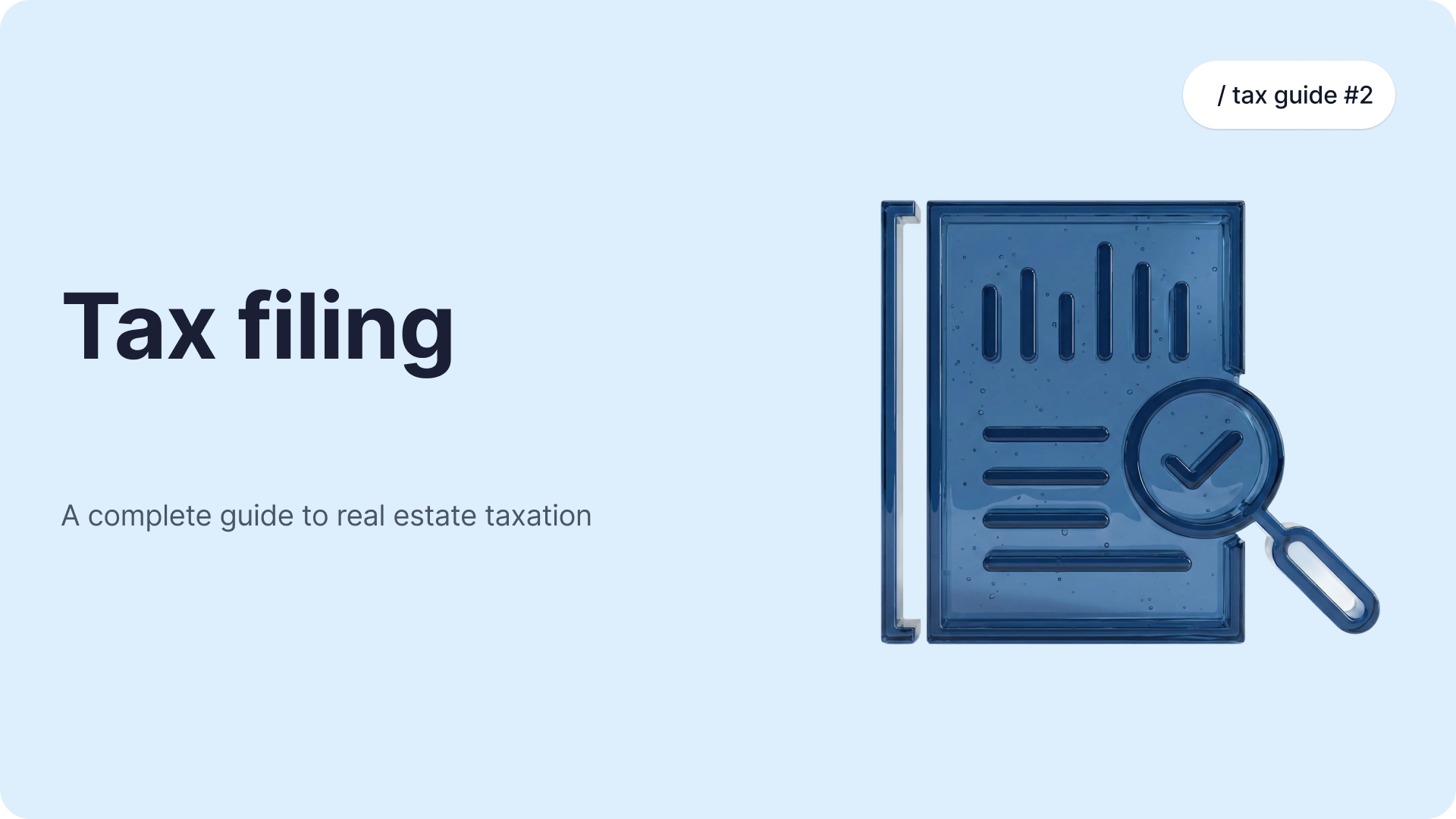
.png)
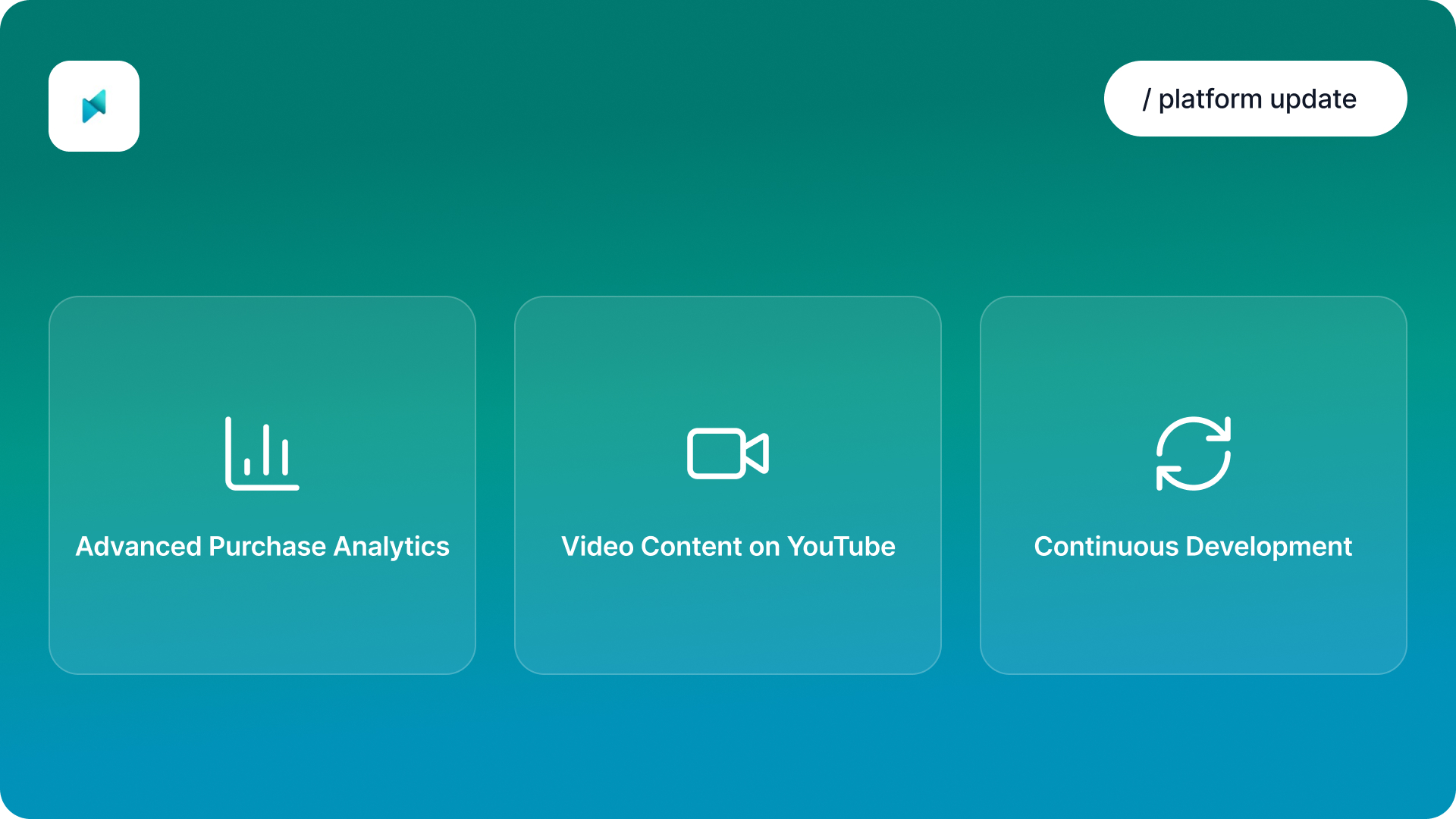
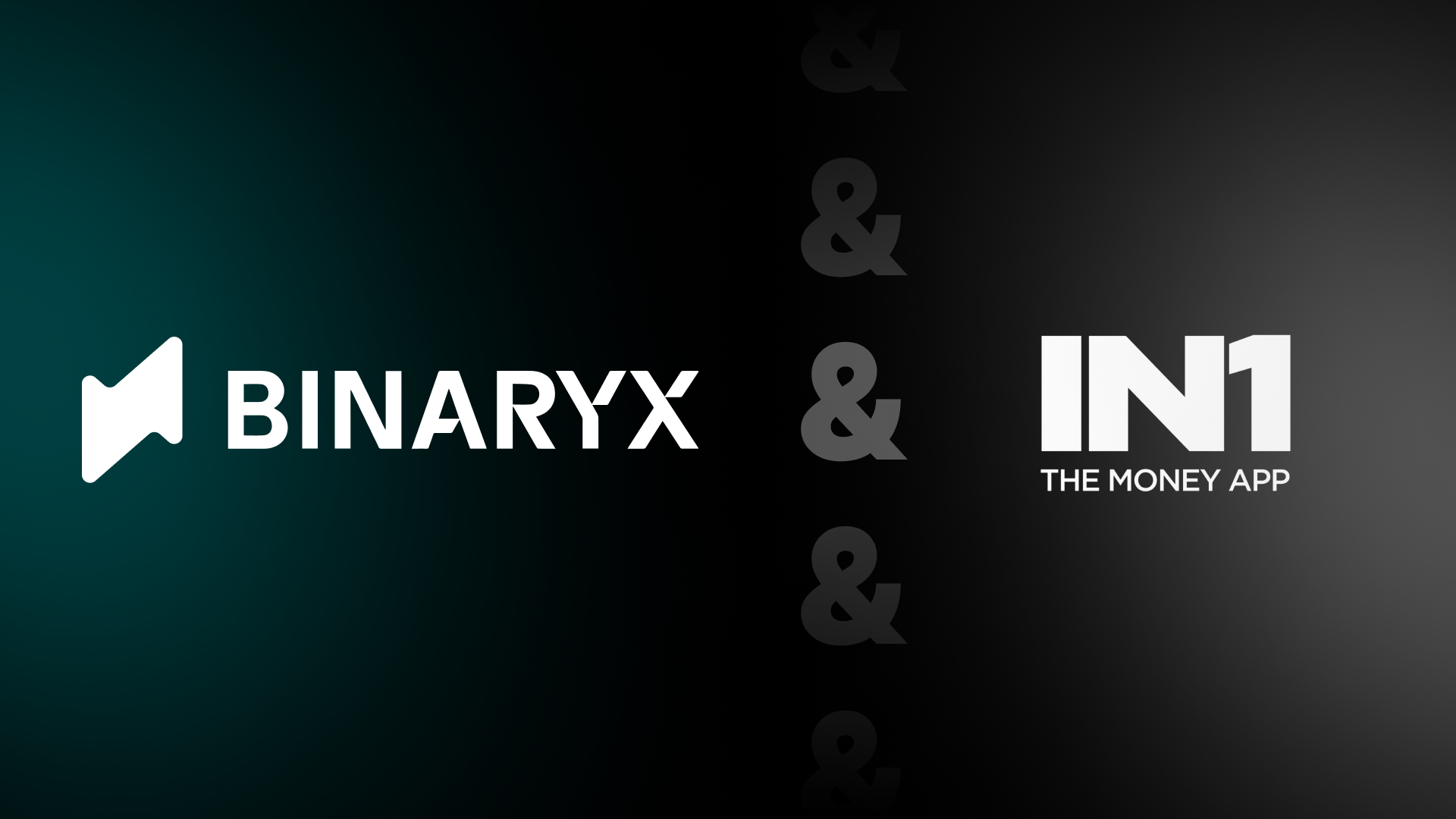
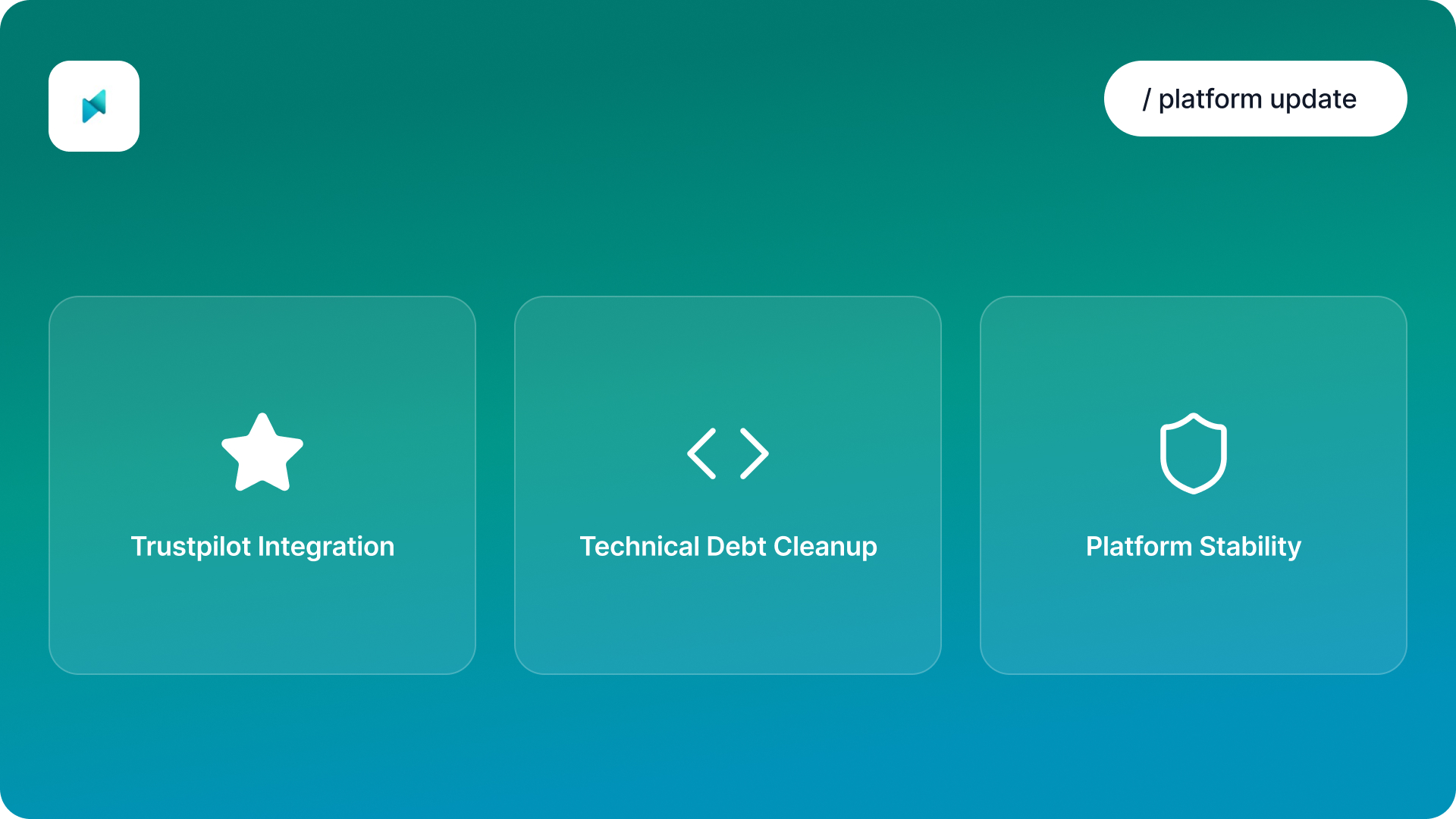
.png)

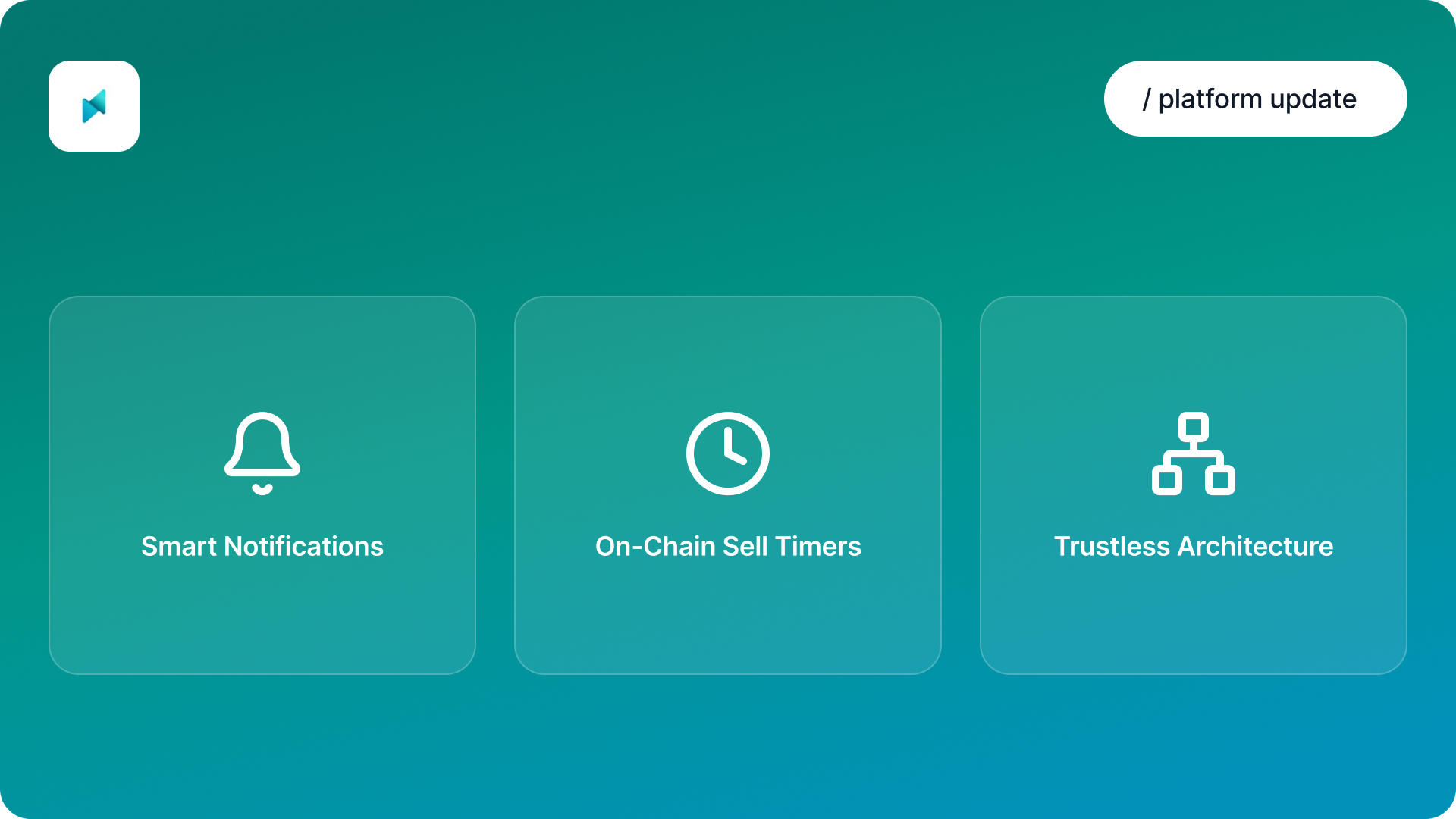

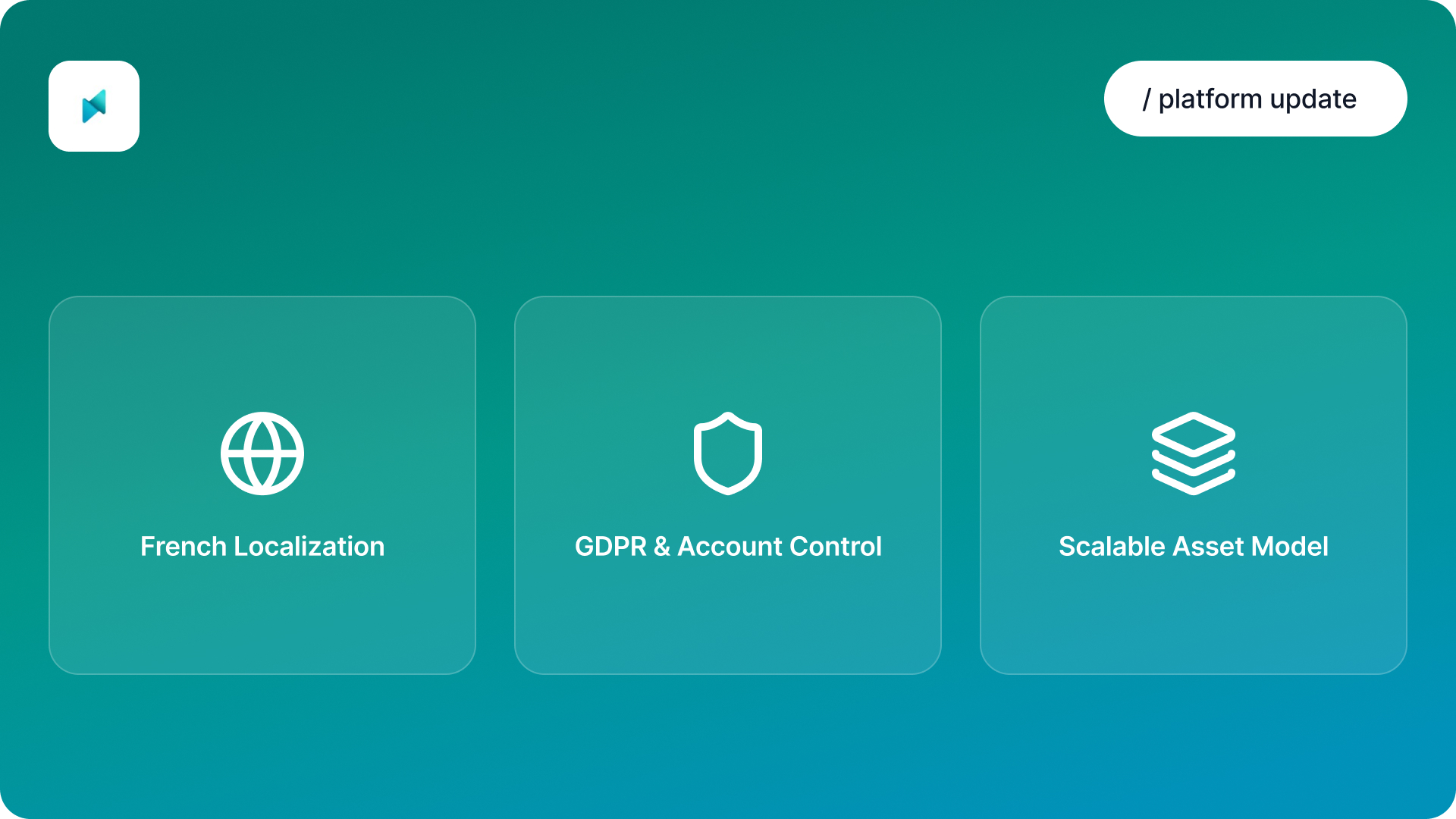
.jpeg)
.webp)